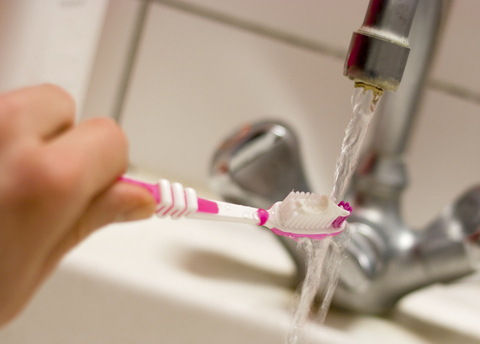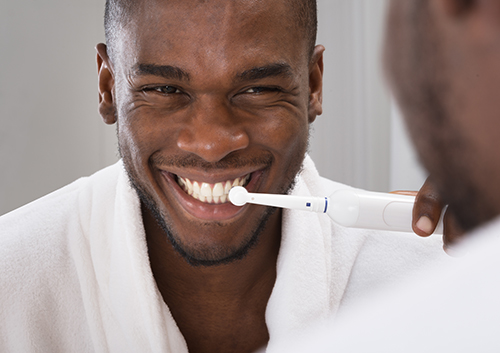
A root canal entails the removal of the nerve supply from a tooth. If you know the purpose of a root canal, the process may seem a little less intimidating.
Dr. Jeffery Spahr and Dr. Janna Spahr will explain the steps in person before your scheduled root canal. Here are some reasons why you may need one and how it will be done when you visit our Lincoln, NE office for your appointment.
Let’s look at the parts of a tooth. Teeth are made up of layers. The outside is the enamel you see, which is composed of minerals. The middle layer is called dentin. It is less dense and made of calcified tissues.
The center of the tooth, also known as the pulp, holds the nerves and blood vessels. When a tooth has decayed or been infected all the way down to the pulp, a root canal is used to remove and replace the root with a filling.
A cavity, sudden trauma, severe cracks, or other events that may cause nerve damage can start an infection of the root of your tooth. You may notice an infection if you experience abnormal pain, swelling, sensitivity, or change in tooth appearance.
Don’t hesitate to contact our Lincoln, NE office to schedule an examination if you notice these symptoms. We may need to take X-rays of the problem tooth to find out if a root canal is necessary.
Once an appointment is scheduled for a root canal and we’re ready to begin the procedure, you’ll be given anesthesia to keep you comfortable. The problem tooth will be isolated and sterilized. We work to remove all the infected area after that.
The treatment will include getting rid of nerve tissue and blood vessels, then filling in the spot where the nerve used to be. A crown is placed over the area to secure enamel from breaking down in the future and prevent the potential loss of the tooth. The root canal can block the possibility of having your tooth extracted due to decay or infection.
If you have further questions about root canals or notice any new issues in your mouth, please don’t hesitate to call our office and speak with a member of our staff. We’d be happy to answer your questions and schedule an appointment for you to come and get your problem tooth checked out.
Don’t forget: You can avoid having to undergo a root canal if we catch the problem early on!






